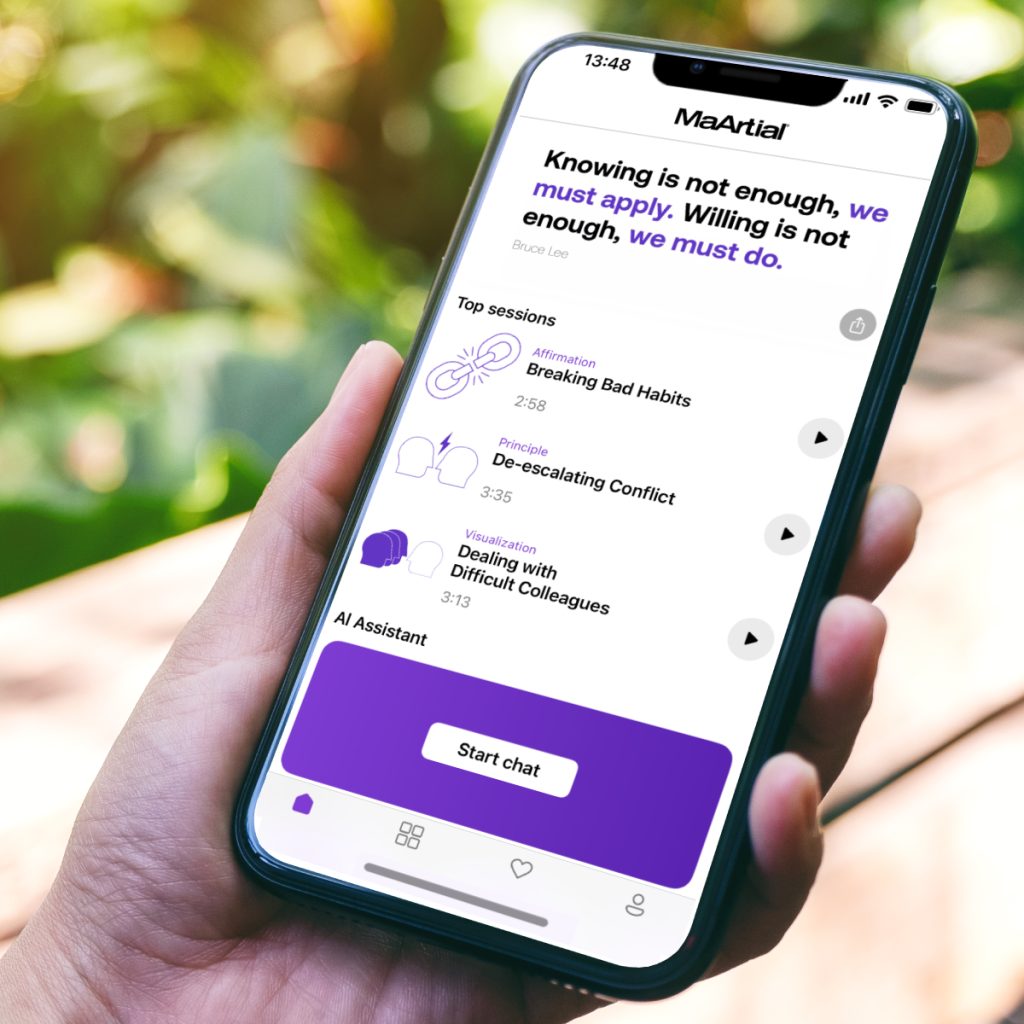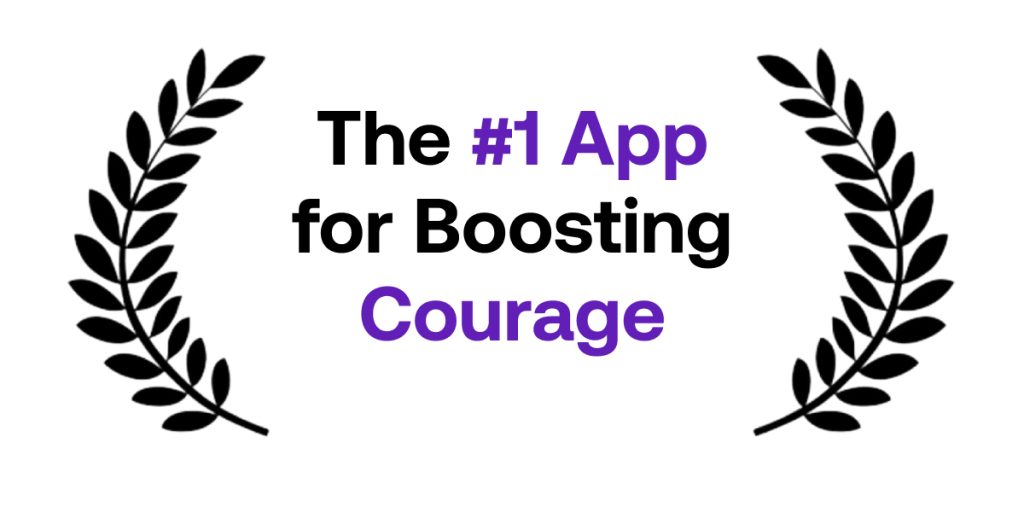A wide range of professionals are looking at mindfulness training to improve the performance and productivity of their employees. They have been measuring the correlation between stressed and burnt-out staff and the effect it has on their success. Constant pressure and demands can result in fatigue and low energy levels among employees, and reduce their resilience and ability to adapt and change. It’s this interest in “energy versus productivity” that has many corporate leaders and managers focusing on mental health and the overall wellbeing of themselves and their teams in the workplace.
What is mindfulness and how does it affect our energy?
We have all had those weeks, months and even years when we feel overwhelmed. The deadlines are looming. The project is falling behind. The work is piling up and you feel like you’re not getting anywhere. Your mind is racing, and yet you can’t seem to focus properly or seem to get ahead.
Mindfulness is simply being present in a given moment. Blocking out the internal noise that comes with stress, anxiety, and external pressure. In a business setting, mindfulness is about giving your complete focus to a given task. It is about increasing the intensity of your focus and concentration, and in doing this, it allows for the conservation of energy by streamlining your thoughts and actions.
For many people, this may be easier said than done. Mindfulness training is about being selective and tuning out from what is not currently important. Developing the skill to be singularly focused on the present activity or project. When you are not mindful and focused on what is important or a current priority, you are wasting precious energy that could be better utilized.
Important Urgent Grid
Understanding what is important versus urgent is also a great help in not wasting your energy and time. The Important Urgent Grid provides a framework for being able to prioritize projects and activities to conserve and utilize your energy for the greatest return.
Important are the activities, tasks and strategies that will provide an outcome that leads to the achievement of your or your company’s goals.
Urgent are the activities or tasks that demand your immediate attention. They are usually associated with the achievement of someone else’s goals, or with an uncomfortable problem or situation that needs to be resolved.
A common scenario is one where the Urgent activities are often the ones most people concentrate on, i.e. the “squeaky wheels that get the grease.” They demand attention and consume more resources than most others, and the consequences of not dealing with them are usually severe and immediate.
Application
Take a common situation at your place of work, for example, where you’re worrying about a meeting next week and you are not able to put your full energy into a report that is due at the end of the day. Or the team is behind with their sales targets, and rather than using your energy to drive their morale and boost their confidence, you’re anxious about a family event happening this weekend.
NEW! Put the principles from this article into practice with the free courage-boosting MaArtial app on the App Store for iOs and Play Store for Android.
As can be seen from these examples, being mindful is about what is a priority right at those moments. It’s about getting in the moment and putting 100% of your energy into the task at hand; anything less is not your peak performance.
How to implement mindfulness into your daily routine
Deep breathing and meditation: Now I’m not suggesting you change into a monk’s robe and start chanting mantras in the coffee or lunch room! What I’m talking about here is trading a little bit of time in return for focused energy; you can do this sitting at your desk.
Close your eyes for a few minutes and just breathe. Take a deep breath in, long exhale out. Take notice of your breath going in and out, and focus on just your breathing. You may feel a little silly, but I assure you that those few minutes will pay dividends on your energy and productivity afterwards.
Clearing and quieting your mind in this way will enable you to better make a better decision about what is required, which path to take, and what decision is best. Try it. You’ll feel refreshed and in control. Ready to delegate and decide on the best course of action.
Practice Self Care: Caring for your mind and your body makes sense intellectually, but so many of us that are burning the candle at both ends are ignoring these important health aspects.
We tend to think that work is work and home is home. That’s not really the case; it’s all interlinked. How you treat yourself at home will spill over into the office. Basic self-care is making sure you get enough sleep. Fueling your body with the right nutrition. Taking time to enjoy your family and friends. Getting some exercise and fresh air. All these things help to rejuvenate you from the inside out.
You may think that these things are a waste of time, and rather than going to bed at a reasonable hour on Sunday night, you might just check your emails and get a jump on what’s required Monday morning. You couldn’t be more wrong.
More time spent on work related tasks does not equal better productivity. You are looking to achieve a balance so that your energy levels are maintained consistently and you and your team can performance at their best.
Whether you’re at home or work, be mindful of what is your top priority right now and if it is important rather than urgent.
[text-block-start]
At MaArtial, we fully agree with the “urgent versus important” distinction in terms of prioritising.
Far too often, we can feel overwhelmed by the complexities of modern life. By consistent, mindful breathing and “conquering haste”, we can improve our ability to “be here now” and exude personal authority rather than only living in reaction.
[text-block-end title=”MaArtial comment”]














